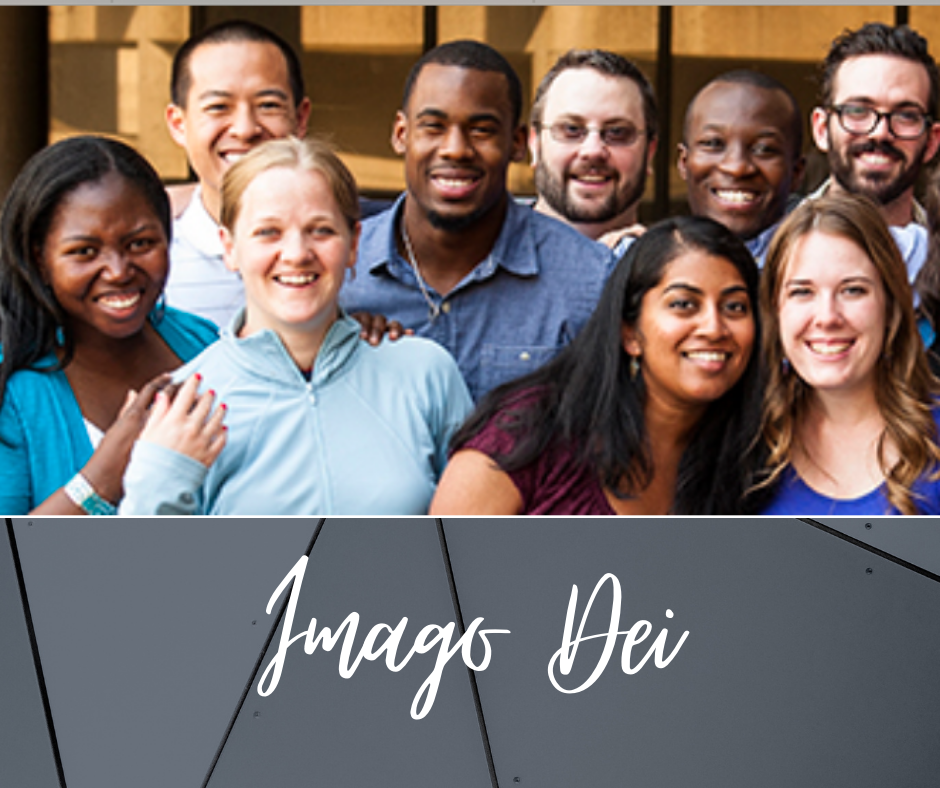 Racism is an ugly, persistent reality in our country. Recent events have re-exposed existing polarities in our beliefs and values as well as our own bias and lack of self-awareness. How are we as nurses and believers to respond? What questions should we be asking our patients, communities, and colleagues? What questions should we be asking?
Racism is an ugly, persistent reality in our country. Recent events have re-exposed existing polarities in our beliefs and values as well as our own bias and lack of self-awareness. How are we as nurses and believers to respond? What questions should we be asking our patients, communities, and colleagues? What questions should we be asking?
As nurses, we’ve been taught the impact of racism on the health of non-White populations. We know it’s a negative social determinant of health. The 2015 National Healthcare Disparities Report reported that White patients receive better quality of care than 36.7% of Hispanic patients, 41.1% of Black patients, 32.4% of American Indian/Alaska Native patients, and 20.3% of Asian and Pacific Islander patients.
The nurses’ code of ethics calls for us to “respect the inherent dignity, worth, unique attributes, and human rights of all individuals.” However, unconscious or implicit bias impacts our decision-making in far greater ways than conscious prejudice and expresses itself over our conscious values. This type of bias also is triggered during times of stress or as we cope with the complexity of our roles as nurses.
The Pew Research Center in 2019 highlighted differences in our views about racism and our relationships with individuals of other races. While 58% of the people interviewed believed race relations in the United States were generally bad, Blacks (71%) were far more likely to see race relationships in a negative light than were Whites (56%) or Hispanics (60%) (Horowitz et al., 2019, para. 4). Differences also were also reported in the way Blacks and Whites viewed their relationship with one other. Fifty-eight percent of Whites felt the two races got along well in contrast to 58% of Blacks who believed the two races did not get along well.
Obviously, we all need a deeper understanding of people of all races. Our realities are different, yet we all are created imago Dei [in the image of God]. As believers, we know the love of Jesus Christ to be transformative. It should never leave us the same.
Learning to love as Jesus loved carries a cost: to self, to our past, and to our families. The most dangerous prayer I ever prayed was for God to teach me what it meant to love others unconditionally. He continues to teach me through my daily missteps and failings. Dr. Martin Luther King, Jr. stated it this way, “Darkness cannot drive out darkness; only light can do that. Hate cannot drive out hate; only love can do that.”
Nurses, in their roles as educators, researchers, care providers, leaders, advocates, and policymakers, are uniquely situated to listen and to foster conversations and build cultural competency that can improve the health and well-being of all people. The conversations won’t be easy. Mistakes will be made. But it is time for each of us as nurses and especially as nurses of faith to listen and to begin to ask the tough questions, especially of ourselves. Be a part of the conversation.
Christy Secor, DNP, RN, CDWF, is passionate about asking tough questions about racism and inequality and having relationship-building conversations. Christy is NCF’s Professional Ministries Director and a Certified Daring Way Facilitator.
This article is excerpted from “Think About It” in the October/December 2020 issue of the Journal of Christian Nursing. NCF members can access the full issue online now; print copies are in the mail. By the way, JCN is one of the multiple benefits of NCF membership—consider joining!
Add new comment